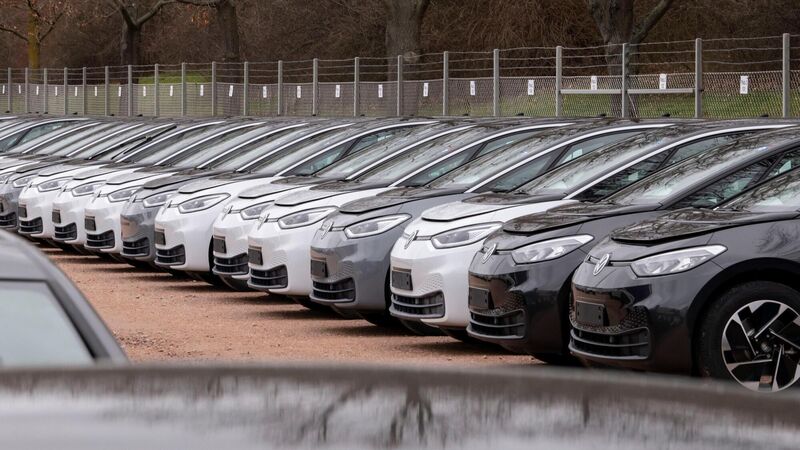German car market could see small gains this year, say experts

Germany’s new car market is expected to turn positive this year despite a current slowdown in demand. Picture: Jens Meyer/AP
Germany’s new car market is expected to turn positive this year despite a current slowdown in demand, but sales will still fall well-below pre-pandemic highs, according to analysts at S&P Global Mobility.
“The market won’t sustain the growth of the first half of the year,” Martin Benecke, senior manager at S&P Global Mobility, told a German magazine.











